
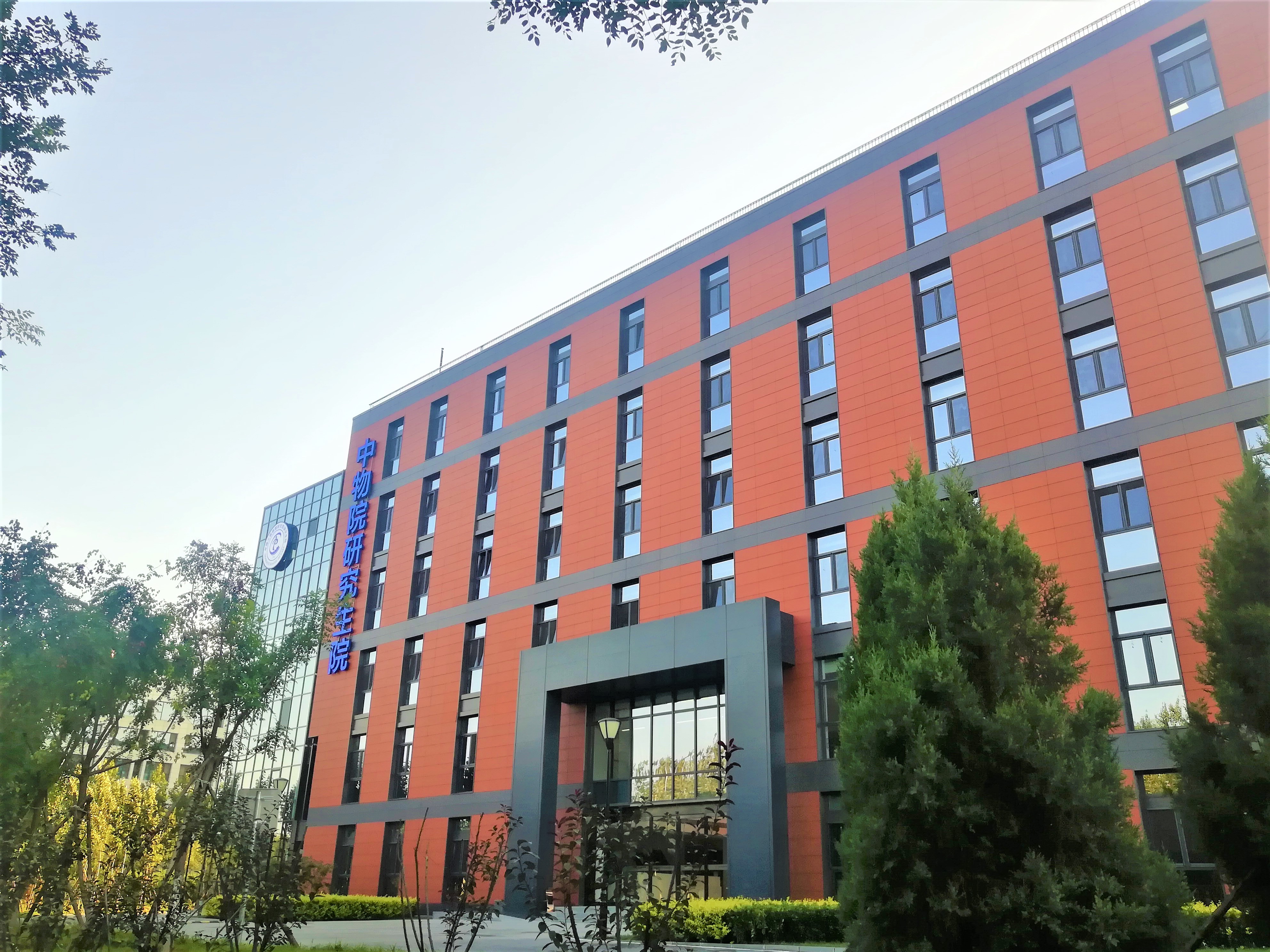
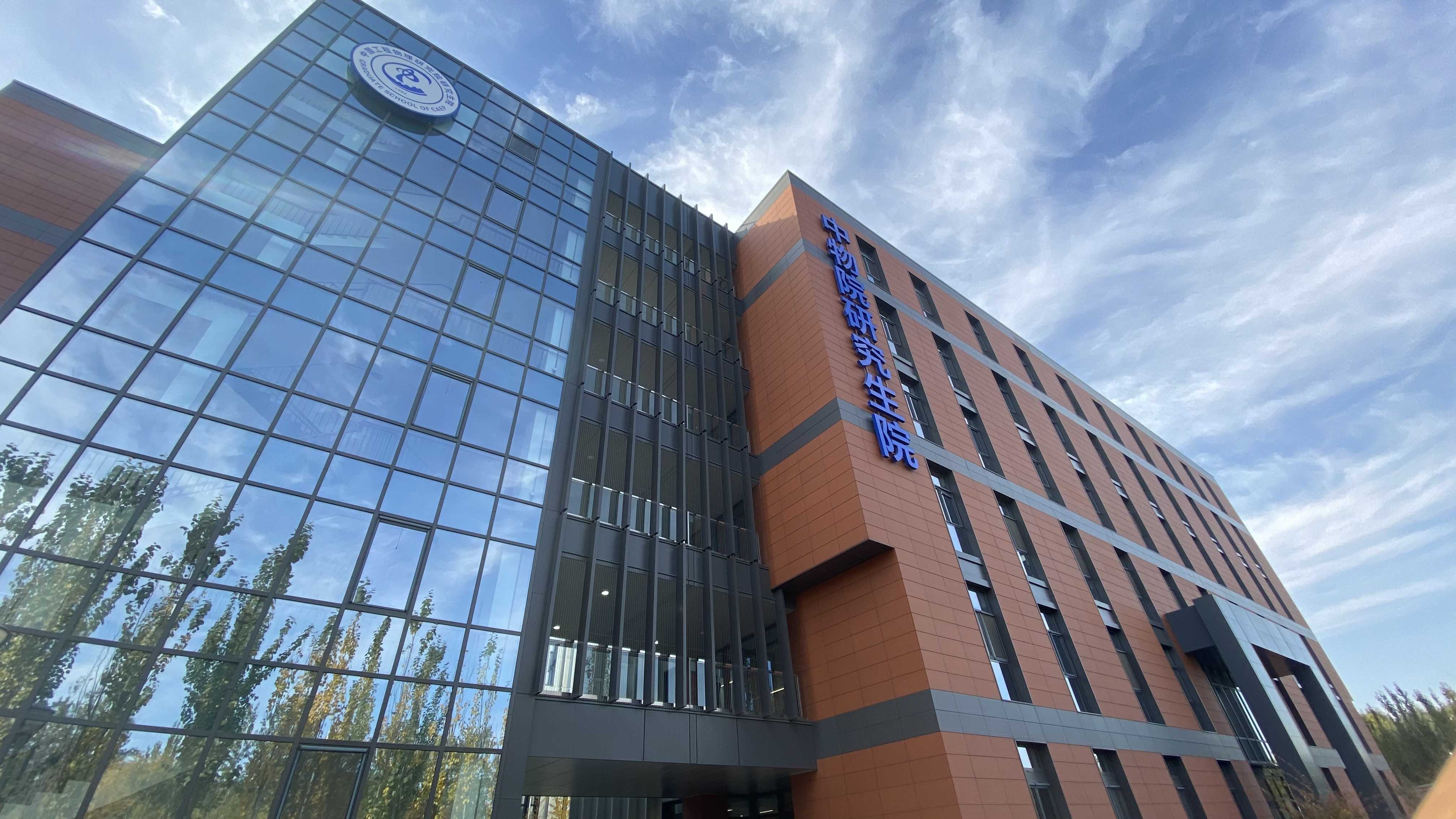
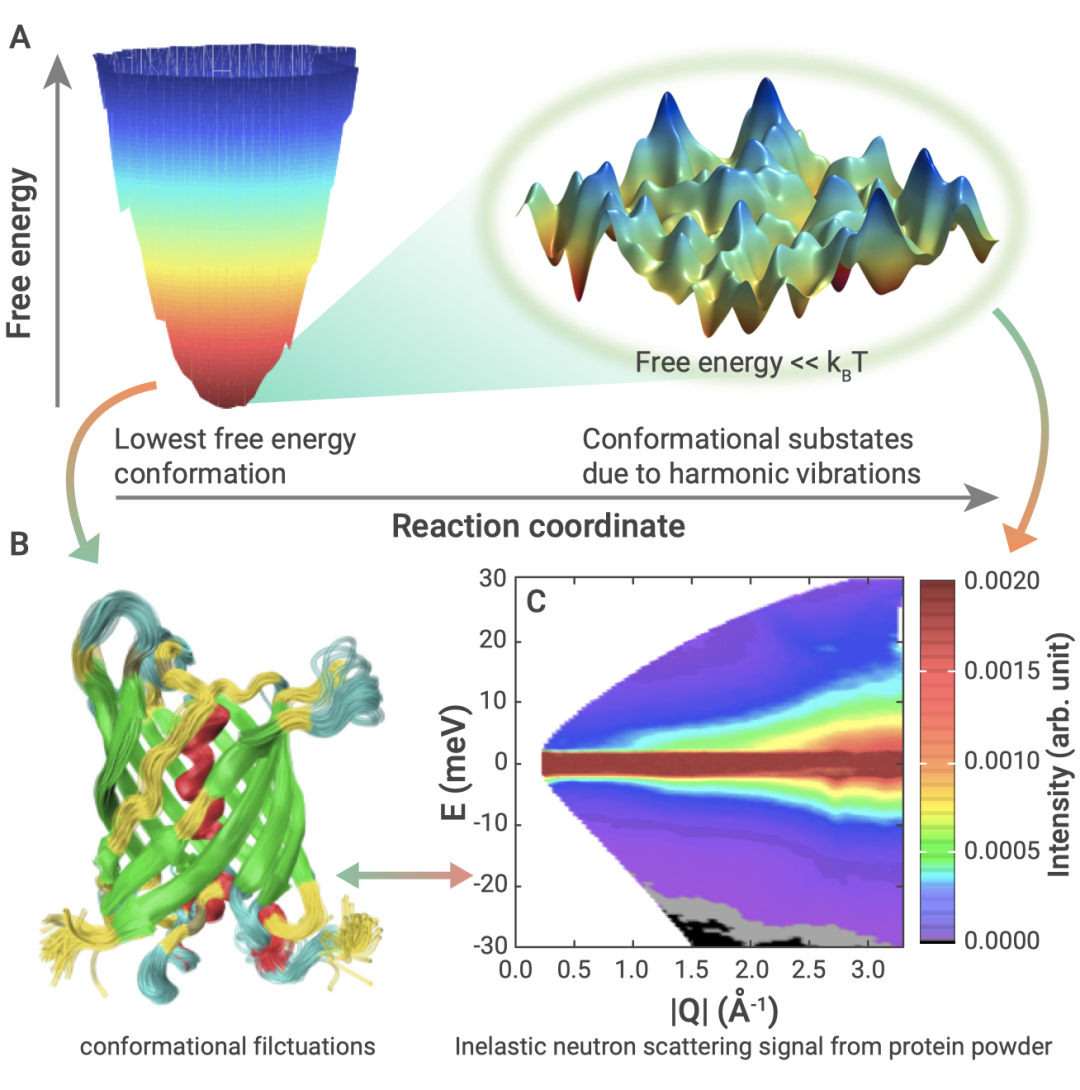

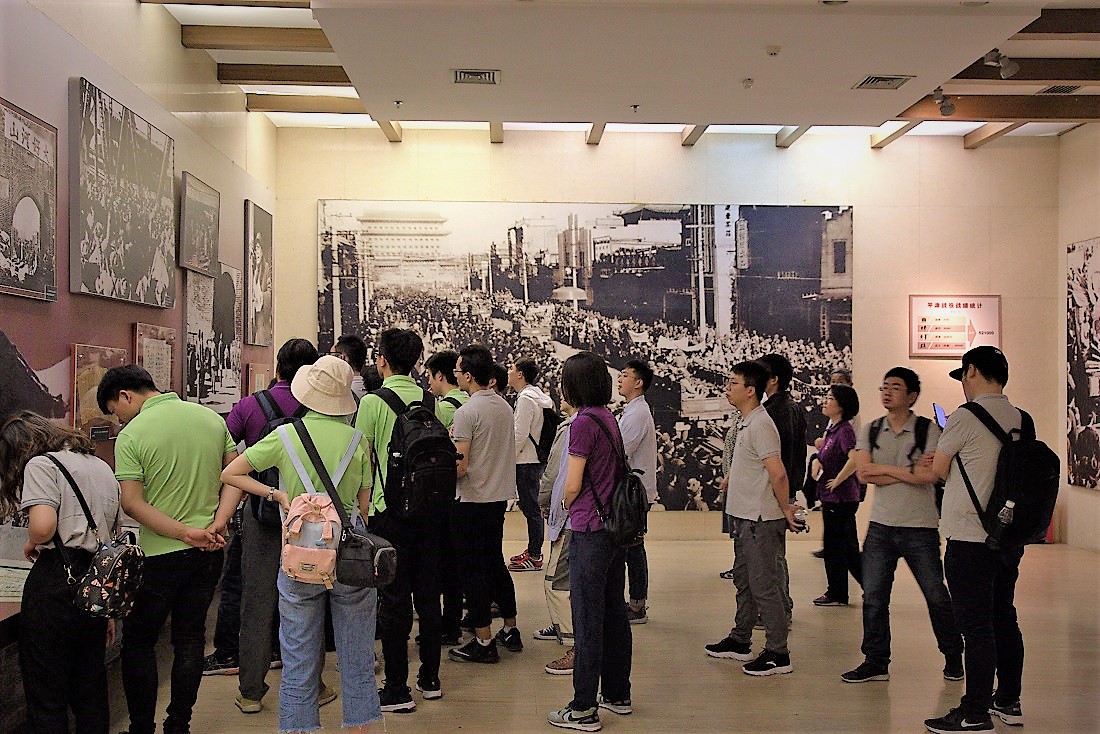









On September 28, 2023, the Fault-Tolerant Quantum Computing Seminar was successfully held at the Beijing Software Park Campus of the Graduate School of the China Academy of Engineering Physics. The seminar was attended by researchers, including Ying Li from the Graduate School of the China Academy of Engineering Physics, Lingling Lao from the National University of Defense Technology, Pan Zhang from the Institute of Theoretical Physics of the Chinese Academy of Sciences, Xiao Yuan from Peking University, and Xiaosi Xu from the Graduate School of the China Academy of Engineering Physics, along with over 40 other scientists, postdocs, and graduate students. The morning and afternoon sessions were respectively chaired by Xiao Yuan and Xiaosi Xu.
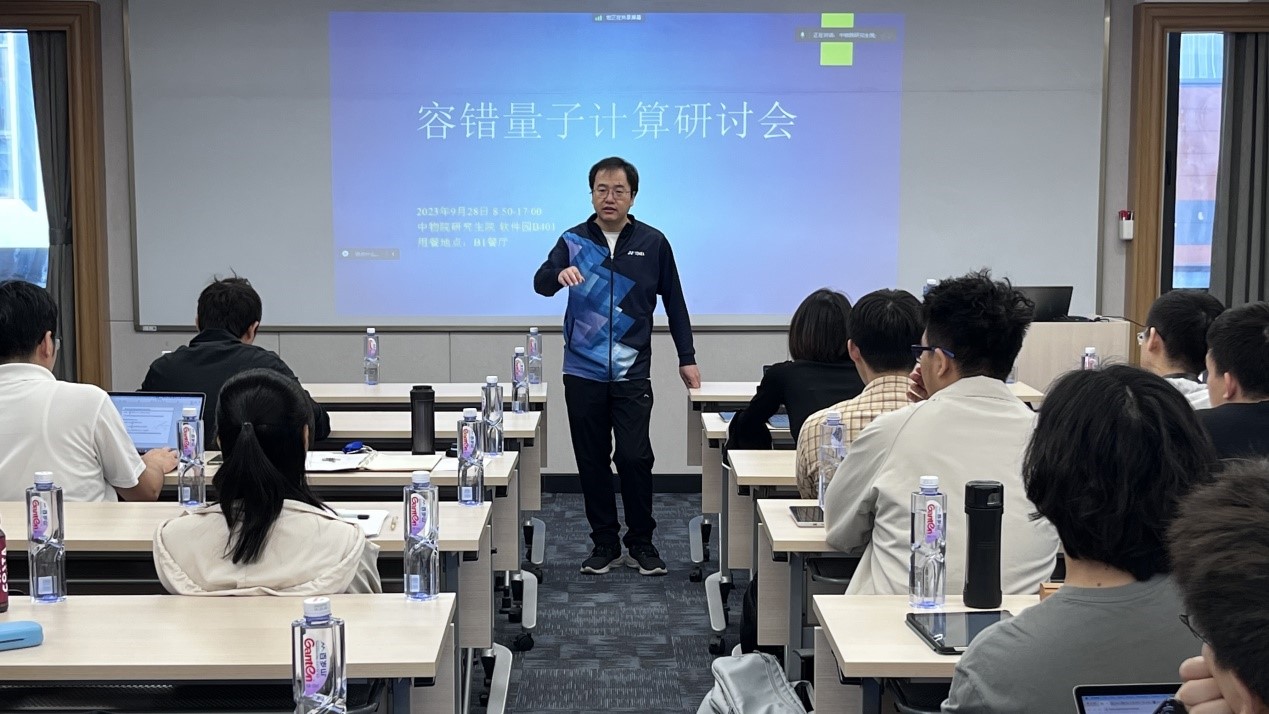
At the beginning of the meeting, Ying Li welcomed the arrival of all speakers, researchers, and students, expressing his appreciation and wishing for a successful outcome for the seminar. Lingling Lao, Pan Zhang, and Ying Li delivered academic presentations titled "Fault-tolerant quantum computing based on the surface code," "QEC decoding with generative modeling," and "Platform-specific quantum fault tolerance," respectively. They shared their research achievements and the latest developments in the field of fault-tolerant quantum computing.
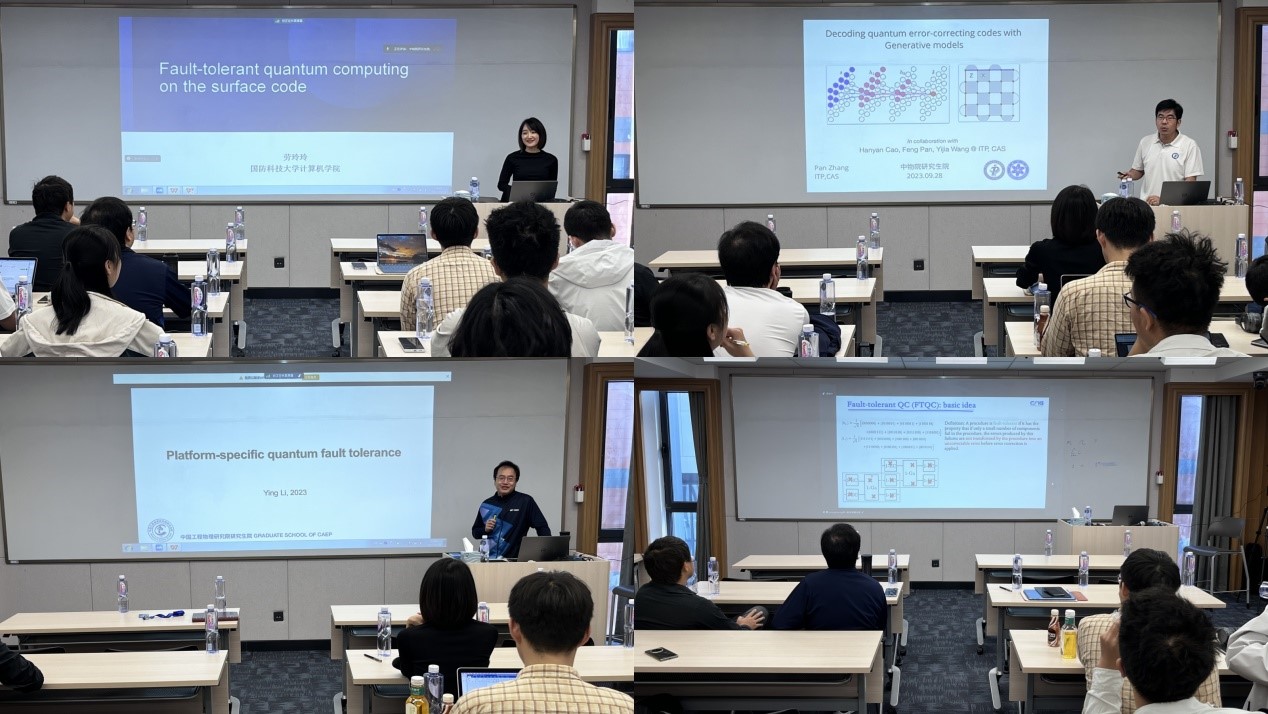
In the final interactive discussion session, participants engaged in profound and enthusiastic discussions with the presenters. The academic atmosphere of the meeting was intense, and the exchange was highly effective. This conference provided a platform for in-depth communication among leading researchers in the field of fault-tolerant quantum computing, facilitating collaboration and contributing to the advancement of research in this area.
